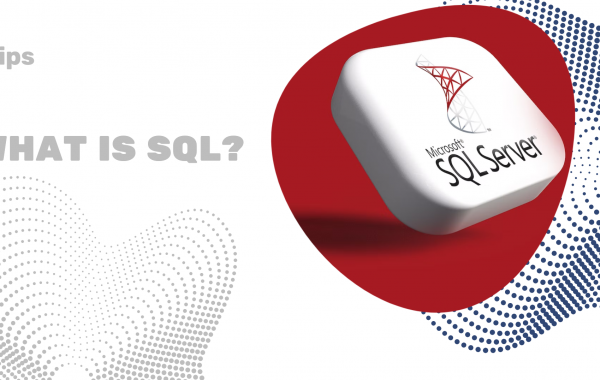The software development landscape has undergone a significant transformation with the advent of DevOps. This cultural and technical movement aims to bridge the gap between development and operations, fostering collaboration, automation, and continuous delivery. In this article, we will demystify DevOps, exploring its principles, practices, tools, and the benefits it brings to modern software development.
What is DevOps?
DevOps is a set of practices and cultural philosophies that aim to improve collaboration between development and operations teams. It emphasizes automation, continuous integration, continuous delivery (CI/CD), and monitoring to enhance the software development lifecycle. DevOps is not a specific tool or technology but a holistic approach that transforms how organizations build, deploy, and maintain applications.
DevOps Practices and Tools
Version Control: Git is the most widely used version control system in DevOps. It allows teams to track changes, collaborate on code, and manage different versions of a project efficiently.
CI/CD Pipelines: Tools like Jenkins, GitLab CI, CircleCI, and Travis CI automate the process of building, testing, and deploying applications. These pipelines ensure that code changes are continuously integrated and delivered to production.
Configuration Management: Tools like Ansible, Puppet, and Chef automate the management and configuration of servers and infrastructure. They enable consistent and repeatable deployments across different environments.
Containerization: Docker is a popular containerization tool that allows applications to run in isolated environments. Containers ensure that applications work consistently across development, testing, and production.
Orchestration: Kubernetes is the leading container orchestration platform, automating the deployment, scaling, and management of containerized applications. It provides a robust framework for managing complex microservices architectures.
Monitoring and Logging: Tools like Prometheus, Grafana, ELK Stack (Elasticsearch, Logstash, Kibana), and Splunk provide real-time monitoring and logging capabilities. These tools help track application performance, detect anomalies, and troubleshoot issues.
Infrastructure as Code (IaC): Terraform and AWS CloudFormation are popular IaC tools that enable the automated provisioning and management of infrastructure. They help maintain consistency and version control for infrastructure configurations.
Benefits of DevOps
Faster Time to Market: DevOps practices accelerate the software delivery process, allowing organizations to release features and updates more frequently. This speed enhances competitiveness and customer satisfaction.
Improved Quality and Reliability: Automated testing and continuous monitoring ensure that code changes are thoroughly tested and validated before reaching production. This reduces the likelihood of bugs and improves overall application reliability.
Enhanced Collaboration: DevOps fosters a culture of collaboration between development, operations, and other stakeholders. This alignment improves communication, reduces friction, and accelerates problem resolution.
Scalability and Flexibility: DevOps practices enable organizations to scale their infrastructure and applications more efficiently. Automation and IaC make it easier to adapt to changing requirements and handle increased workloads.
Cost Efficiency: Automation and efficient resource management reduce operational costs. DevOps also minimizes downtime and the risk of critical failures, saving costs associated with outages and maintenance.
Continuous Improvement: DevOps promotes a culture of continuous improvement, where teams constantly seek ways to optimize processes, enhance performance, and deliver better value to customers.
DevOps represents a paradigm shift in software development and operations, emphasizing collaboration, automation, and continuous improvement. By adopting DevOps practices, organizations can achieve faster delivery, improved quality, and greater flexibility. While challenges exist, the benefits of DevOps make it a compelling approach for modern software development. Embrace DevOps to bridge the gap between development and operations, creating a more efficient and innovative software delivery process.




